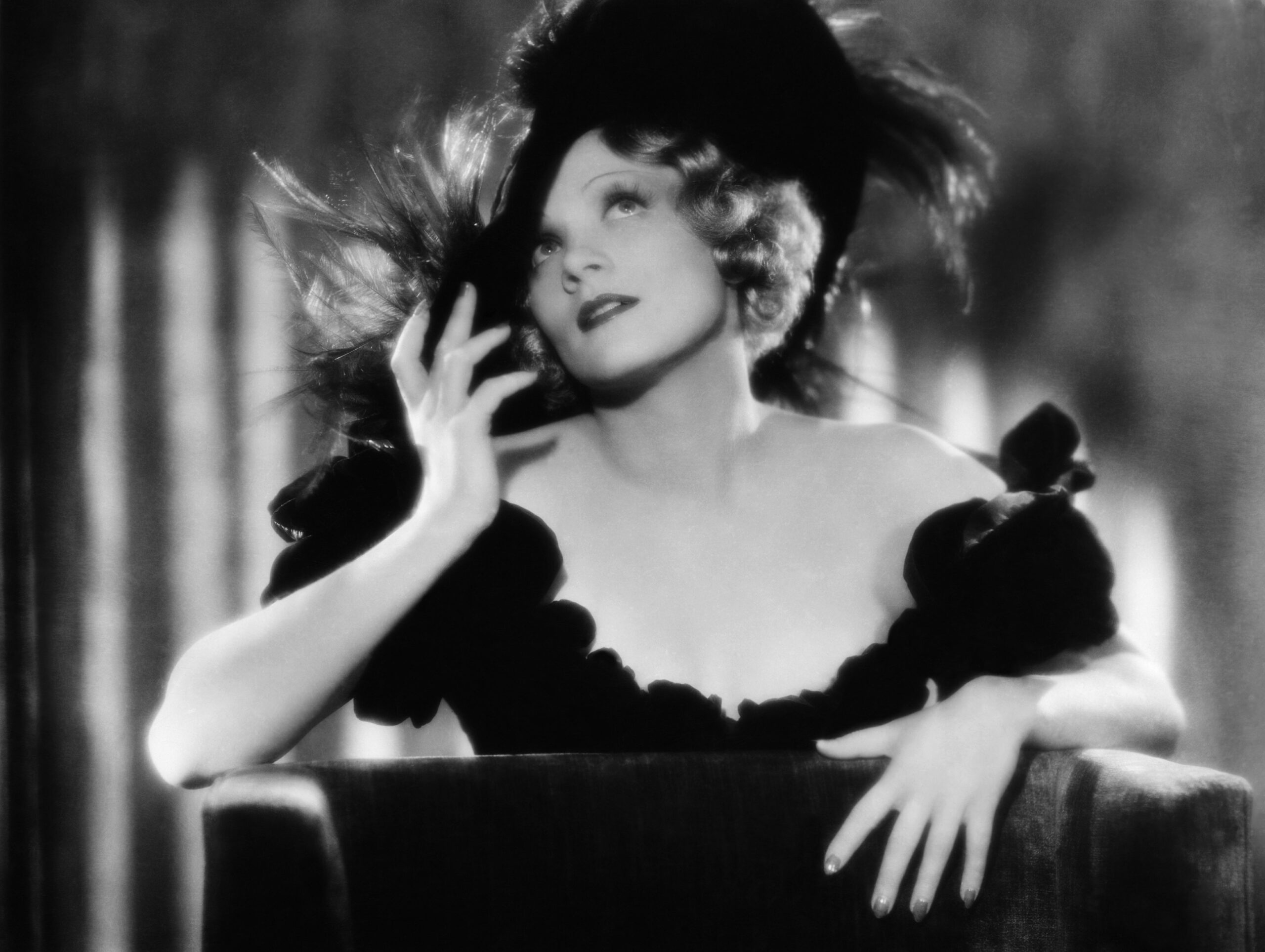Bisexuality is often rendered invisible in the media, but where would we be without the legacy of the bisexual icons who have transformed history? Here are bisexual trailblazers who have undeniably altered the social, political and cultural landscapes as we know them.
1) Oscar Wilde
Imprisoned and exiled throughout different times in his life, Wilde was a celebrated poet and playwright known for work such as The Picture of Dorian Gray. He was born in Ireland in 1854 and went on to invent electrifying literature while facing persecution for homosexual acts. Despite being considered one of the most glittering personalities of the era, he died destitute and alone at the age of 46.
However, posthumous resolution came for Wilde in early 2017 when the “Turing Law” was passed. Named after Second World War codebreaker Alan Turing, the British law pardoned an estimated 50,000 men who were cautioned or convicted of homosexual acts, which were illegal in England prior to 1967.
2) Eleanor Roosevelt
After an illness rendered her husband Franklin paralyzed from the waist down, Eleanor Roosevelt made haste. The longest-serving first lady of the United States began making public appearances in her husband’s place, boldly advocating for the rights of women and children, dauntless work she continued throughout her life.
On several occasions, she outright disagreed with a few of her husband’s policies and spoke out in favour of civil rights for African and Asian Americans, as well as Second World War refugees. Despite Roosevelt’s ardent devotion to her husband, though, she maintained a long-running, intimate connection with journalist Lorena Hickok. The two exchanged many touching letters throughout their lives that were suggestive of more than friendship, with Roosevelt affectionately referring to Hickok as “Hick” and telling her, “I ache to hold you close.”
3) Alfred Kinsey
How could we forget the genius referred to as “the father of the sexual revolution?” Best known for the development of the Kinsey scale, which indicates degrees of sexual orientation, Kinsey was a biologist, sexologist and professor of entomology and zoology.
His research was highly controversial at the time of its publication in the 1940s given its suggestion that sexuality is fluid rather than fixed, and his controversial contributions are widely considered to be one of the first to explore the diverse landscape of human sexuality. Although he was married to a woman, he had same-sex relations outside of his marriage as well and used to punish himself for homoerotic feelings in his adolescence.
4) Malcolm X
With a brilliant legacy that survived his untimely assassination, Malcolm X was a fierce advocate for the rights of Black people in America. It wasn’t until Bruce Perry conducted interviews with more than 400 people who knew Malcolm X on a personal level for his biography of Malcolm X that it was discovered that he was most likely bisexual, though critics have refuted claims that this is true.
Throughout his extraordinary life, Malcolm X had relationships with both male and female counterparts and worked as a sex worker for a period of time. It’s been predicted that had it not been for Malcolm X’s murder, he would have become a daring voice for the gay liberation movement as well.
5) Walt Whitman
All lovers of literature know Walt Whitman, one of the more widely anthologized poets in literary history. Dubbed “America’s poet,” Whitman’s astounding collection Leaves of Grass has been in circulation ever since it was first published in 1855. His poetry contains many clues that hint at his bisexuality, and several scholars believe his Calamus poems are the clearest indication of his sexual orientation as they discuss the “manly love of comrades.”
Various letters and journal entries show Whitman had multiple same-sex relationships throughout his life, specifically with a bus conductor named Peter Doyle; the pair were said to have been inseparable for several years. Whitman was also supposedly involved with New York actress, Ellen Grey and claimed to be the father of six children. His literary brilliance was complemented by his vocal anti-slavery advocacy and a penchant for swimming and sunbathing in the nude. This vagabond lifestyle and nationalist ideologies gave way to the beat movement and inspired the likes of Allen Ginsberg, Jack Kerouac and Adrienne Rich.
6) Alexander Hamilton
However popular the famed musical by Lin-Manuel Miranda may be, there was a fairly fundamental part of Alexander Hamilton’s life that was only hinted at: his supposed bisexuality. Commonly credited as one of the founding fathers of the United States, Hamilton was deeply in love with his wife, Eliza and maintained an uncommonly close bond with his sister-in-law, Angelica Schuyler. However, many historians believe Hamilton and fellow revolutionary and soldier John Laurens were a little more than just friends.
The two maintained a very close relationship, exchanging letters regularly until Laurens’ death in 1782. In one letter Hamilton says to Laurens, “Cold in my professions, warm in [my] friendships, I wish, my Dear Laurens, it m[ight] be in my power, by action rather than words, [to] convince you that I love you. I shall only tell you that ’till you bade us Adieu, I hardly knew the value you had taught my heart to set upon you.”
7) Frida Kahlo
Where does one begin with Frida Kahlo? One of the world’s most esteemed talents and the first Mexican artist to be featured at the Louvre in Paris, Kahlo was entirely self-taught and defied adversity on the road to creating universally-acclaimed paintings about the experience of being a woman. After surviving polio, Kahlo was in a near-fatal accident at the age of 18 that rendered her bed-ridden for over a year and caused her physical agony until her death in 1954. But that didn’t stop her from joining the Mexican Communist Party and advocating for the Mexican Revolution.
Her turbulent marriage to fellow painter Diego Rivera was one of passion and play, though they didn’t exclusively find this with each other. Kahlo most notably had an affair with Hollywood actress Josephine Baker and boasted about flirting with American painter Georgia O’Keeffe. Kahlo’s own rich life was the inspiration for much of her artistic work: of the 143 paintings she created, 55 were self-portraits.
8) Virginia Woolf
Long before the matter was even on the table, the iconic British writer and literary critic was openly discussing the rights of women and numerous other feminist issues. Born in London in 1882, Virginia Woolf was well-known for battling what we understand today as bipolar disorder and depression up until her suicide in 1941. Although Woolf had a loving relationship with her husband, she was also involved in a long-term romance with aristocrat Vita Sackville-West and the two immortalized their love in intense letters. Vita and Woolf’s romance has been the subject of a feature film and a satirical New Yorker article published in 2015. A patron saint for writers, feminists and those living with mental health issues, Woolf’s work has been translated into more than 50 languages around the globe, with the details of her tumultuous life becoming the subject of numerous books, plays and films.
9) Marlene Dietrich
Widely known for being the first woman to perform a lesbian kiss on screen in the 1930 film Morocco, Marlene Dietrich was also a prominent drag king in Berlin in the 1920s. The German actress broke boundary after boundary throughout her 80-year career in show business and shared a number of high-profile affairs with many different celebrities.
A tell-all book published by her daughter Maria Riva divulges Dietrich’s relationships with massively famous stars of the 20th century such as John Wayne, Edith Piaf, Gary Cooper and Claudette Colbert. Riva writes in the book that her mother often used her sexuality as a weapon, adding that Dietrich, who was openly anti-fascist, once offered to seduce and kill Hitler during the Second World War.


 Why you can trust Xtra
Why you can trust Xtra


